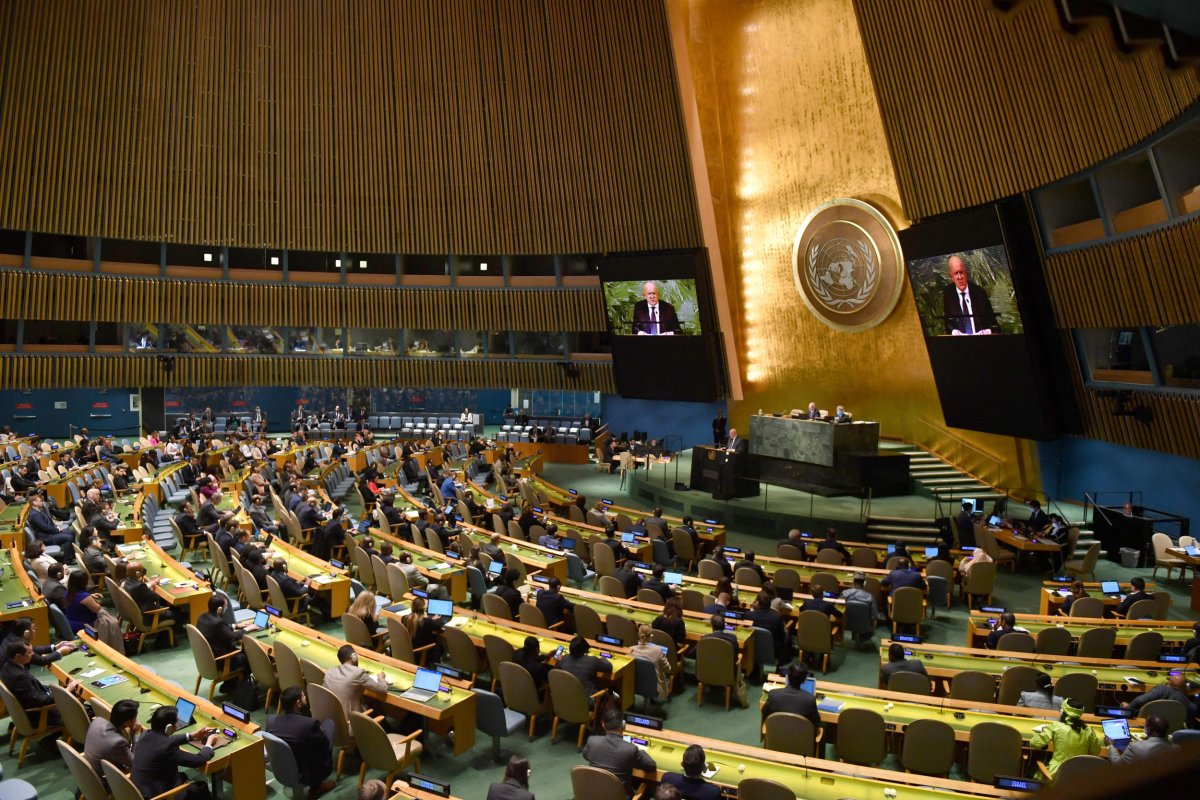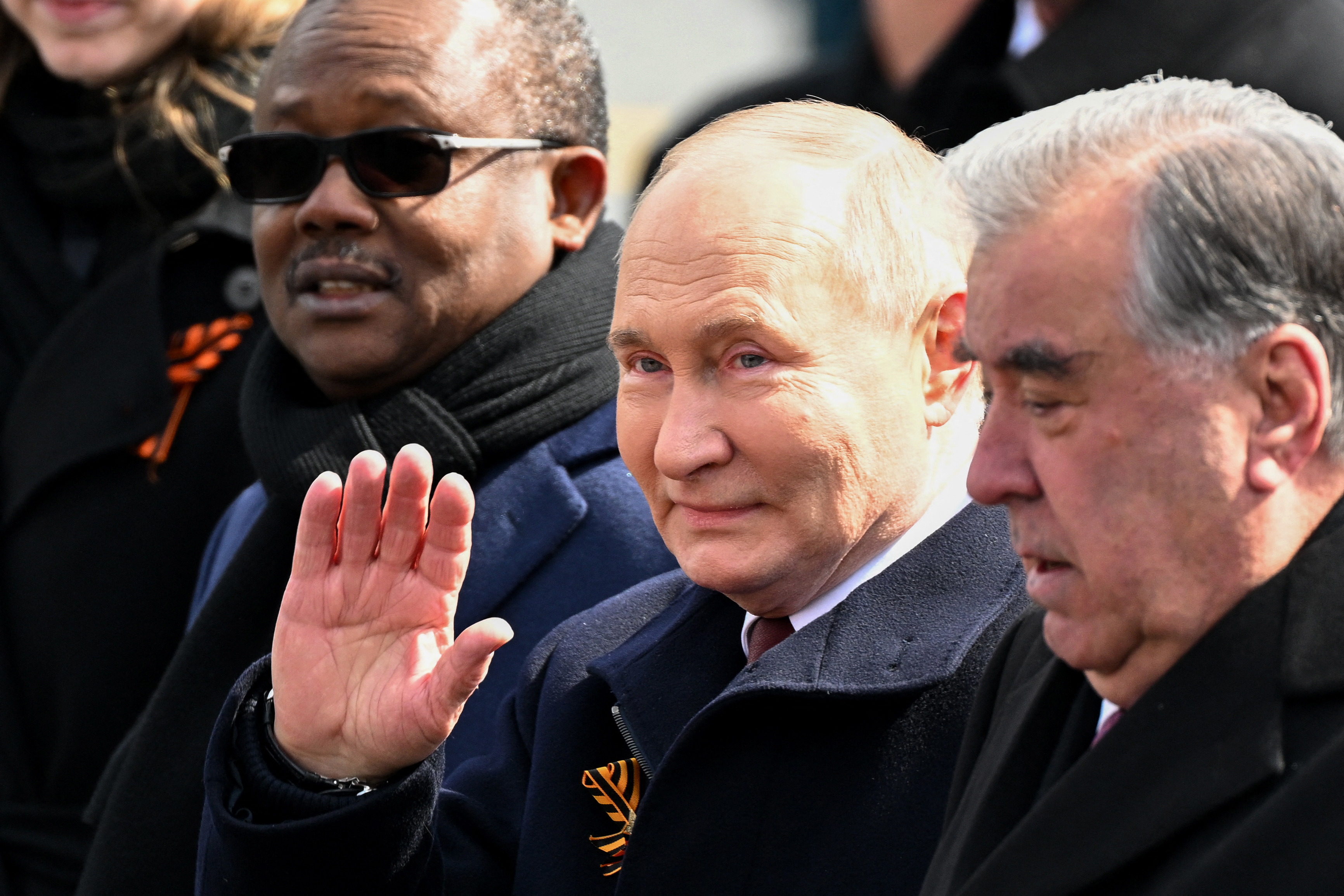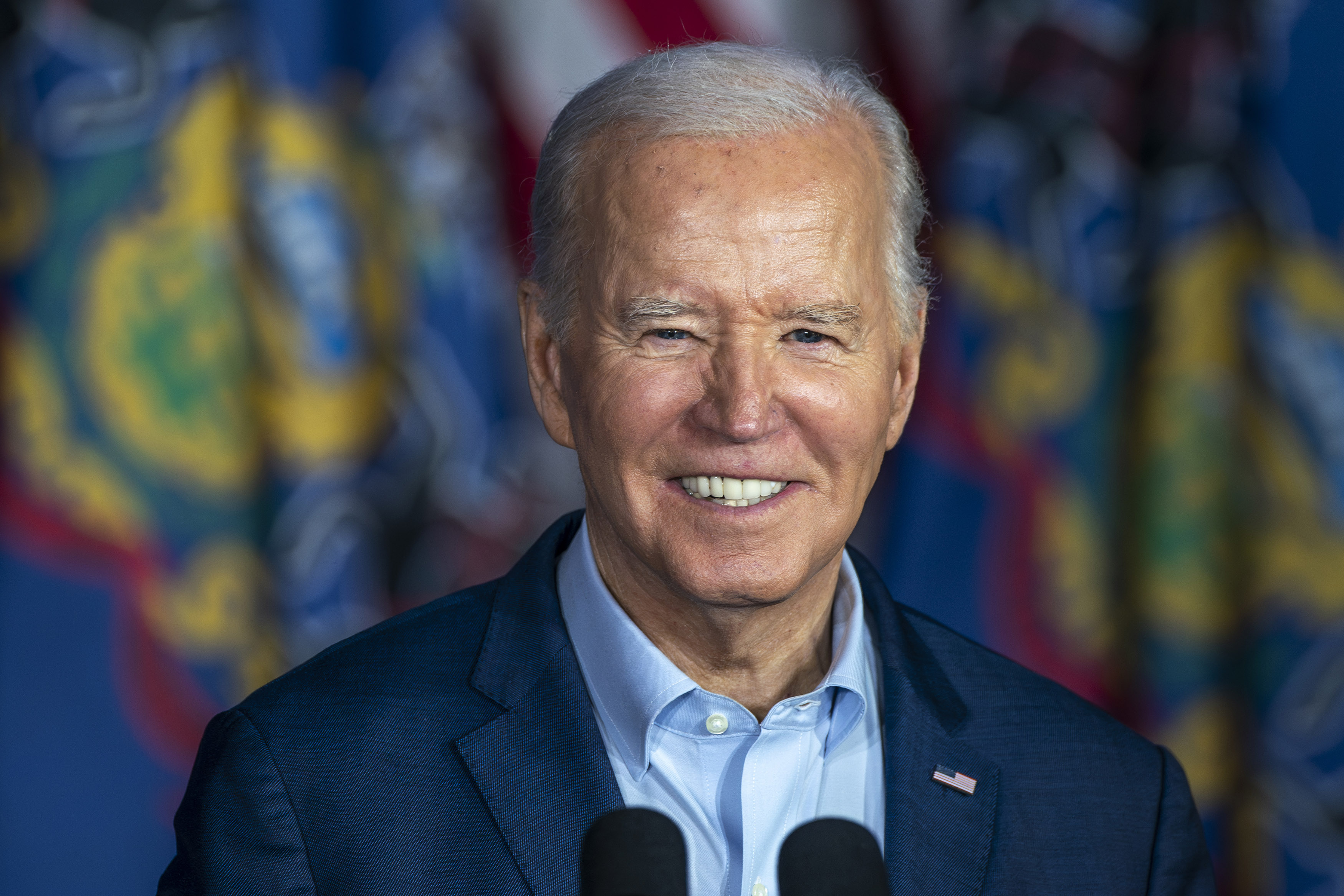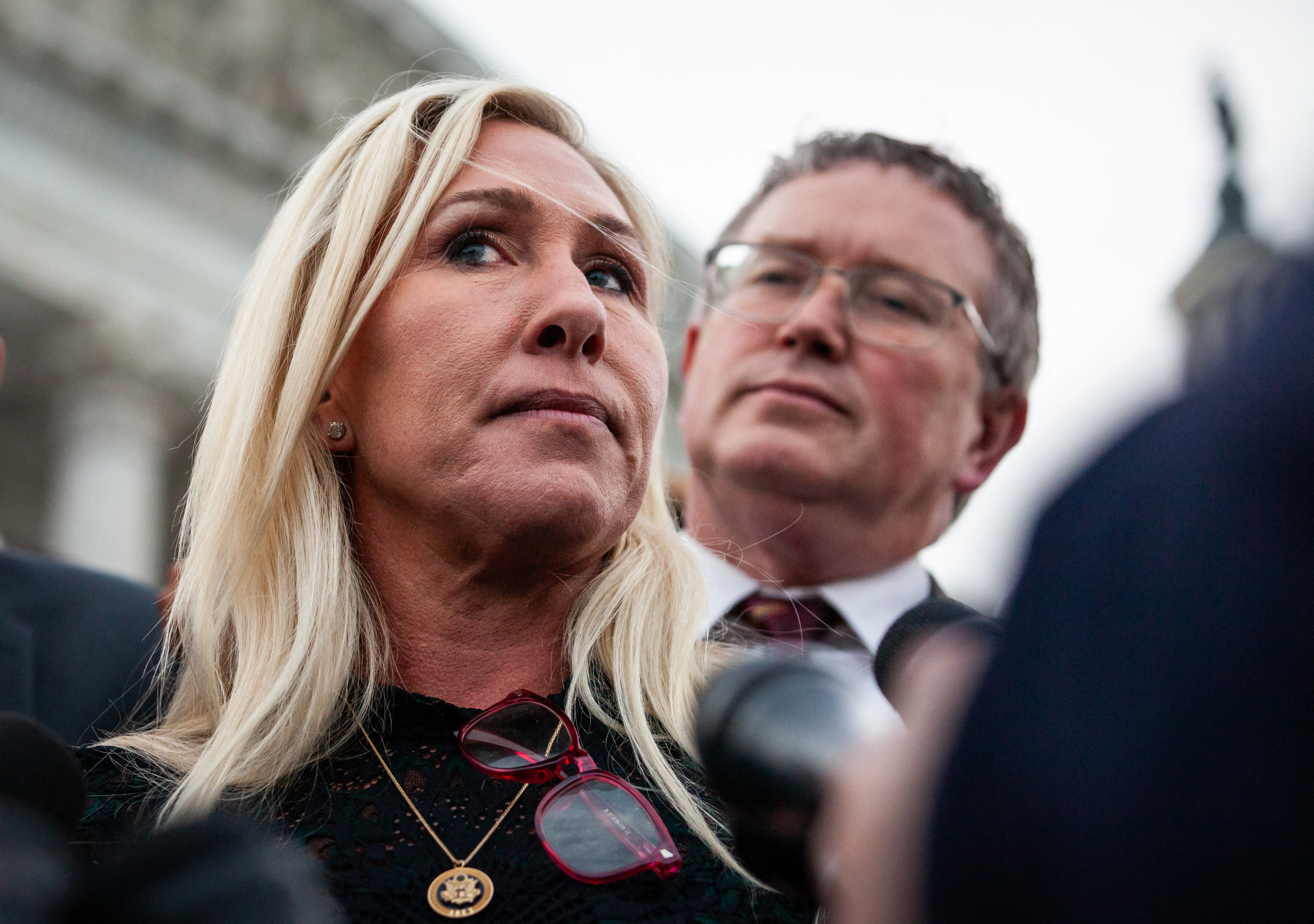If Russian President Vladimir Putin orders the first use of nuclear weapons in Ukraine, the West has few good options to deter him from using more of them. In deciding on first use, Putin would presumably be on the verge of losing the Ukrainian territory he now controls, and further Western conventional military assistance to Ukraine would only hasten Russia's eviction. Putin would have already discounted further economic or travel sanctions. His internal propaganda would neutralize any campaign for Russian popular opinion.
That leaves the West a diplomatic "nuclear option": re-constituting the United Nations without a Russian veto. This would strike directly at one of Russia's major sources of power and leverage in world affairs. Currently, Russia is one of five countries with a veto in the U.N. Security Council—along with the United States, China, the United Kingdom, and France. Losing Russia's Security Council veto would make Putin, already responsible for driving Sweden and Finland into NATO, also responsible for one of Russia's worst political defeats in history.
The U.N. was set up in 1945 after World Wars I and II killed more than 60 million people. Structurally, it was designed to avoid the failure of the League of Nations (1920-1946), which failed to prevent Italy's conquest of Ethiopia, civil war in Spain, and World War II itself. While every U.N. member state gets a seat and a vote in the General Assembly, considerable power is vested in the 15-member Security Council where the five permanent members have a veto over any action against their interests, while 10 non-permanent members provide global representation and diversity.
The U.N. is not an alliance of democracies, but the Axis powers were never considered for veto-wielding membership of the Security Council, nor even U.N. membership initially. Japan joined the U.N. in 1956. West and East Germany joined in 1973.

Russia's power today has changed since 1945. Militarily, Russia has a strategic nuclear arsenal—a real concern for the United States, NATO, and countries like Ukraine—but most countries do not feel threatened by this. Conventionally, Russia has limited ability to project military power far from its shores. Economically, Russia's gross domestic product ranks 11th, behind South Korea.
The Security Council veto gives Russia a power that mid-ranking and smaller countries cannot ignore. Smaller countries and regional powers see the U.N. differently from the United States and Europe. The U.N. gives smaller countries a voice in global affairs, but more importantly the U.N. and its many agencies and programs provide international legitimacy, peacekeeping, and technical assistance that benefit smaller countries.
Smaller countries appreciate that a Russian veto can threaten every important program that requires a Security Council mandate. In February 2022, the United Arab Emirates abstained on a crucial Security Council resolution critical of Russia because the UAE needed Russia's vote to renew a U.N. mandate in Yemen that was vital to UAE national security interests.
Taking away the Russian veto is not a simple matter, which is why it should be a response to Russia's first use of nuclear weapons in a war of aggression against a non-nuclear power, rather than Russia's lesser offenses against international peace. Article 6 of the U.N. Charter says "A Member of the United Nations which has persistently violated the Principles contained in the present Charter may be expelled from the Organization by the General Assembly upon the recommendation of the Security Council." It is an open question whether the Security Council's "recommendation" needs to be a resolution that Russia could veto—or whether the General Assembly can expel a member even if the Security Council's recommendation is "No" because of the Russian veto. Either way, securing a General Assembly majority would require a global diplomatic campaign.
Another clever idea, as the bipartisan congressional Helsinki Commission has recommended, is to use the General Assembly's credentialing power, which handed the "Republic of China" seat to Beijing in 1971, to give the Soviet Union's permanent seat, which Russia now holds, to Ukraine. Another idea is to amend the U.N. Charter under Article 108, which requires a two-thirds vote and ratification by two-thirds of U.N. member states—obviously a time-consuming and problematic proposition, especially with Russia wielding its veto power while this process plays out.
Yet another option: re-constitute the United Nations using control over the U.N.'s budget. NATO members, Japan, and the "five eyes" English-speaking democracies together contribute 64 percent of the U.N.'s budget. Together, they could vote with their economic power and re-charter the United Nations into an organization that would live up to its ideals. This re-chartered United Nations could succeed to the United Nations' buildings and programs, just as the U.N. itself succeeded to the Geneva assets of the League of Nations and some of its programs.
If Russia loses its veto in the Security Council, Russia's power and influence over world affairs outside Europe will diminish. The possibility of a credible, U.S.-led effort to re-constitute the United Nations without a Russian veto could deter Russia more than the threat of sanctions or weapons deliveries. While Putin may not care about sanctions or about history's judgment for his crimes in Ukraine, Putin should not want history's judgment to be that he dramatically weakened the power of the Russian state by losing Russia's veto power over world affairs.
Thomas Warrick is a former senior official at the Departments of State and Homeland Security and is a nonresident senior fellow at the Atlantic Council.
The views expressed in this article are the writer's own.
Uncommon Knowledge
Newsweek is committed to challenging conventional wisdom and finding connections in the search for common ground.
Newsweek is committed to challenging conventional wisdom and finding connections in the search for common ground.
About the writer
To read how Newsweek uses AI as a newsroom tool, Click here.






